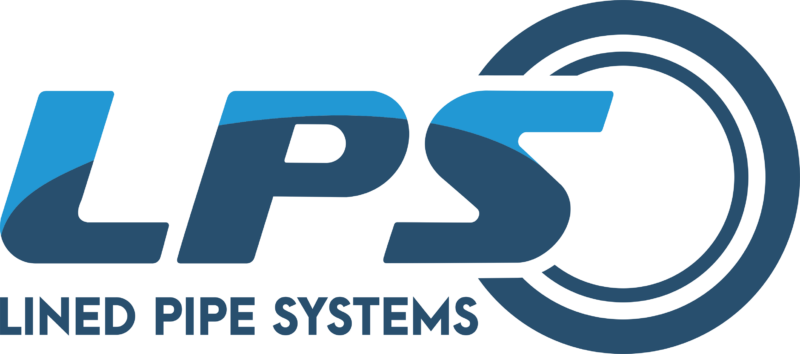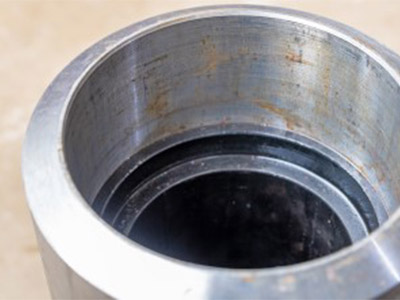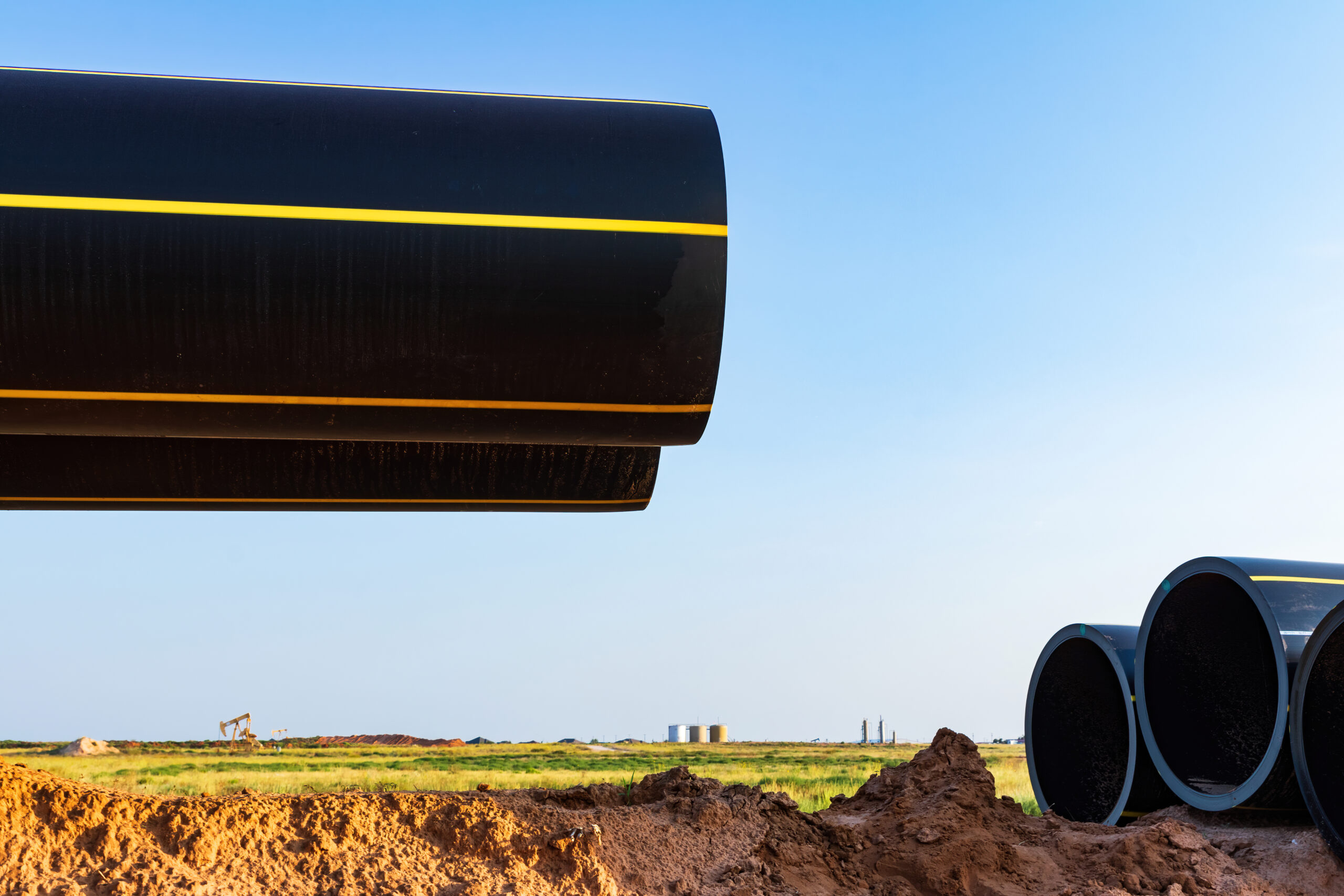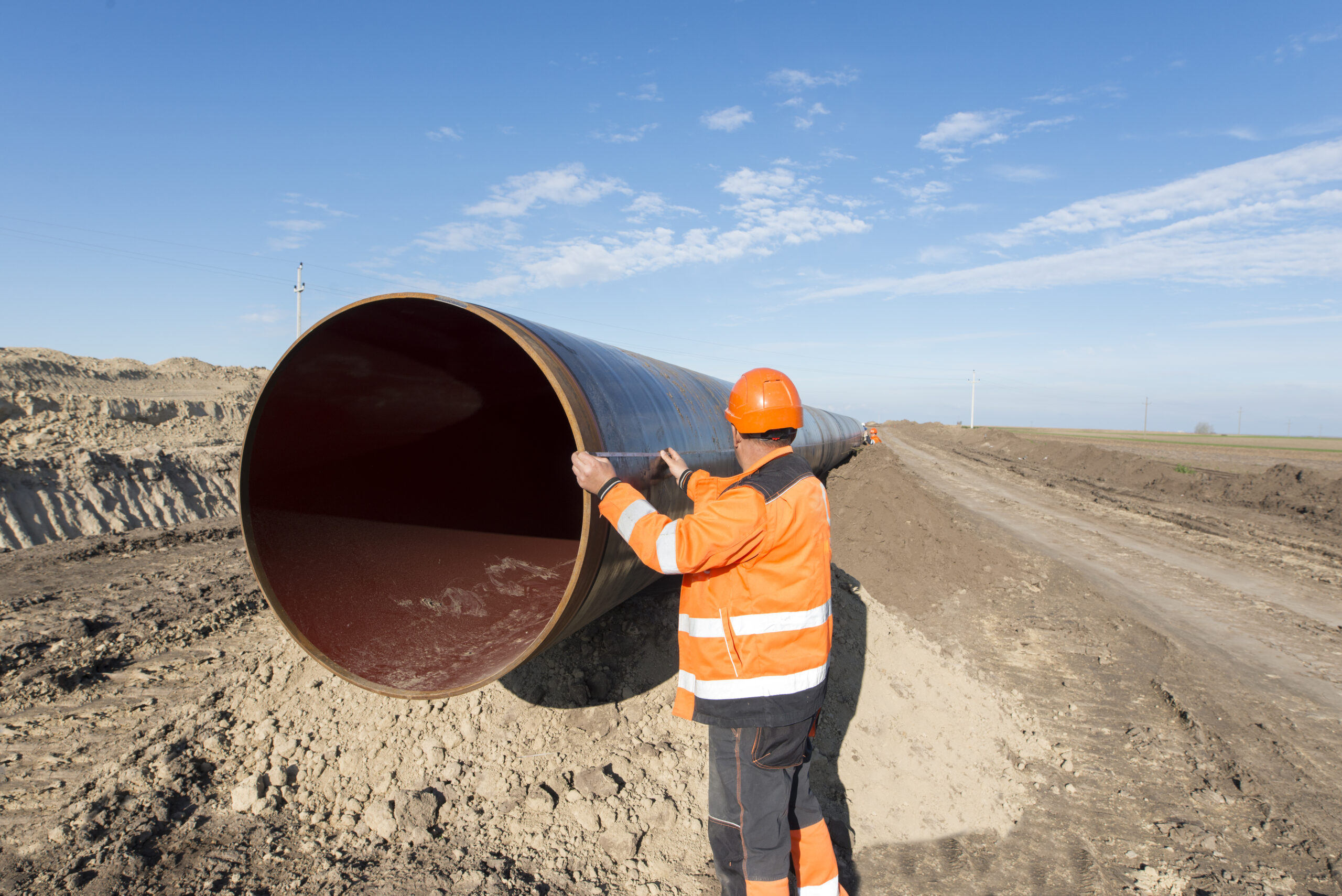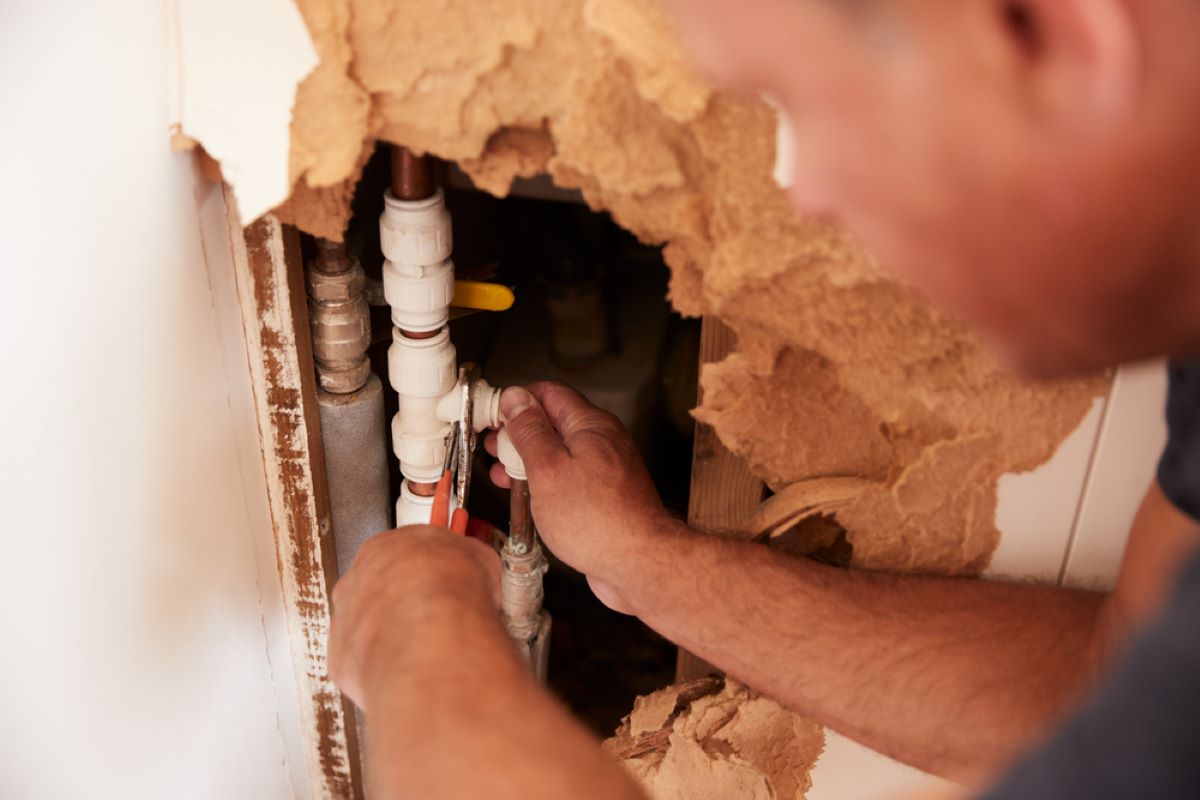Pipe sleeve / insert pipe sleeves are essential components in various industries and applications. They provide a protective shield for pipes, ensuring their longevity, integrity, and functionality.
By preventing external damage, corrosion, and leaks, pipe sleeves contribute to the overall efficiency and safety of plumbing and industrial systems. To provide you with more detailed information, we have gathered all the necessary details in one blog. Read till the end to make the most out of it.
What is a Pipe Sleeve?
As already mentioned, A pipe sleeve serves as a protective covering for the original pipe, ensuring its safety and durability.
Depending on the specific purpose and application, insert pipe sleeves can be crafted from diverse materials such as Carbon steel, Cast Iron, Stainless steel, Copper, Nickel, Aluminum, PVC, Rubber, Composites, and more.
Among these, Carbon steel pipe sleeves are widely used. Their role is to act as a barrier, shielding the main pipe from external factors. Notably, pipe sleeves don’t restrict the thermal expansion of the piping, ensuring that the thermal cycle remains unaffected.
Explore the “Best Insert Pipe Sleeve Technologies for Internally Coated Pipelines”
What are the Materials used in Pipe Sleeves?
Carbon Steel
Carbon steel insert pipe sleeves are a reliable and efficient technology that provides durable and long-lasting protection to main pipes. Their strong construction, versatility, and cost-effectiveness make them a preferred choice in various industries, ensuring the integrity and longevity of piping systems.
Corrosion Resistance: Carbon steel shows exceptional resistance to corrosion, making it an ideal choice for environments where protection against rust and degradation is important.
Structural Integrity: The inherent strength of carbon steel improves the overall structural integrity of the pipe, ensuring a prolonged and resilient lifespan.
Stainless Steel
Stainless steel pipe sleeves are known for their corrosion-resistant properties. These sleeves are specifically designed to withstand the harsh effects of environmental aggressors, making them highly sought after by industries that face ongoing challenges in this regard.
Corrosion Resistance: Stainless steel’s formidable resistance to corrosion, rust, and staining ensures an extended lifespan for the pipe, particularly in harsh and corrosive conditions.
Aesthetic Appeal: Beyond functionality, the sleek appearance of stainless steel adds an aesthetic dimension, making it suitable for applications where visual impact matters.
Read More: “What are Different Types of Metal Coating?”
PVC
PVC pipe sleeves are widely used due to their impressive capabilities. Their versatility, durability, lightweight nature, insulation properties, and cost-effectiveness make them a preferred choice in various industries and applications. Whether it is for protecting pipes, cables, or wires, PVC pipe sleeves offer a reliable and efficient solution.
Chemical Resistance: PVC’s resistance to a broad spectrum of chemicals makes it a preferred choice in industries where exposure to corrosive substances is commonplace.
Ease of Installation: The lightweight nature of PVC simplifies installation procedures, reducing both time and labor costs.
Rubber
Rubber pipe sleeves offer flexibility and durability, making them highly effective solutions in scenarios where there is frequent movement and mechanical strain. Their ability to accommodate movement, withstand mechanical strain, and provide sealing and insulation benefits make them indispensable components in various industries and applications.
Flexibility: Rubber’s pliability facilitates easy installation and adjustment, ensuring a secure fit around the pipe and adapting to varying pipe geometries.
Impact Resistance: The inherent resilience of rubber provides effective protection against physical impacts, significantly enhancing the overall durability of the pipe.
Composites
Composite pipe sleeves made from materials like fiberglass and carbon fiber provide tailored solutions to effectively overcome the unique challenges encountered in industrial piping systems. Their exceptional strength, chemical resistance, thermal insulation properties, and customization options make them an ideal choice for industries seeking durable and efficient solutions for their piping infrastructure.
Customizable Properties: Composites allow for the customization of material properties, offering a finely tuned balance between strength, flexibility, and resistance to environmental factors.
Innovation: The incorporation of composite materials represents an innovative approach to meet evolving industry demands. Thus, providing solutions that transcend the limitations of individual materials.
Key Features of Pipe Sleeves
The following are the key features that make pipe sleeves essential components in the domain of industrial infrastructure.
Material Variety for Tailored Protection
Pipe sleeves come in a diverse array of materials, including carbon steel, stainless steel, PVC, rubber, and composites. Furthermore, this variety enables customized protection for pipelines, considering factors like corrosion resistance, flexibility, and structural integrity. Thus, tailored solutions can be designed based on the specific needs of the pipeline.
Corrosion Resistance
Pipe sleeves, particularly those made from corrosion-resistant materials. For instance, such as stainless steel, serve as a strong defense against the harmful impact of corrosion. They act as a formidable barrier, safeguarding pipes from potential damage. This feature significantly extends the lifespan of the underlying pipes, reducing maintenance costs and ensuring sustained performance.
Flexibility for Seamless Installation
Pipe sleeves, especially those made from flexible materials like rubber, offer ease of installation. Their flexibility allows for seamless fitting around pipes of varying geometries, simplifying the installation process and reducing downtime.
Unrestricted Expansion
Pipe sleeves, by design, do not restrict the thermal growth of piping. This crucial feature ensures that the thermal cycle remains unaffected. Thus, allowing for unrestricted expansion and contraction of pipes without compromising the integrity of the protective sleeve.
Leak Prevention
A fundamental feature of pipe sleeves is their ability to create a secure seal around the pipes. This sealing not only prevents leaks but also contributes to insulation in applications where temperature control is paramount.
Weld Joint Sleeve Inserts for Enhanced Pipe Integrity
In the realm of pipeline engineering, weld joint sleeve inserts stand out as essential components. These inserts play a crucial role in reinforcing and fortifying welded pipe joints, ensuring enhanced integrity and longevity. Specifically designed pipe weld joint sleeve provides additional support, helping to mitigate stress concentration and potential vulnerabilities in the welding area. Whether it’s a pipe joint sleeve insert, weld joint sleeve insert, or a specialized solution for a weld joint, these inserts contribute significantly to the structural resilience of pipelines, addressing the challenges associated with welding and ensuring a robust and reliable pipeline system.
The Future of Pipe Sleeves
Smart materials, predictive maintenance technologies, and 3D printing methods have immense potential for the future of pipe sleeves. These innovations promise to revolutionize the efficiency and adaptability of pipe sleeve applications. Moreover, these advancements offer enhanced protection, improved efficiency, and reduced environmental impact.
As industries continue to prioritize sustainability and cost-effectiveness, the adoption of these technologies in piping systems is inevitable. Exciting opportunities lie ahead, as pipe sleeves become an integral part of the next generation of advanced and eco-friendly infrastructure.
Conclusion
In the dynamic landscape of piping systems, understanding the role of pipe sleeves is pivotal. Protective coverings, ranging from metal to plastic and rubber, play a crucial role. Furthermore, they are essential for maintaining the integrity of pipes across diverse applications. Moreover, as we adopt the future, Lined Pipe Systems (LPS) pave the way with advanced insert pipe sleeve technologies, ensuring that pipe sleeves continue to be the unsung heroes of robust and reliable piping systems.
